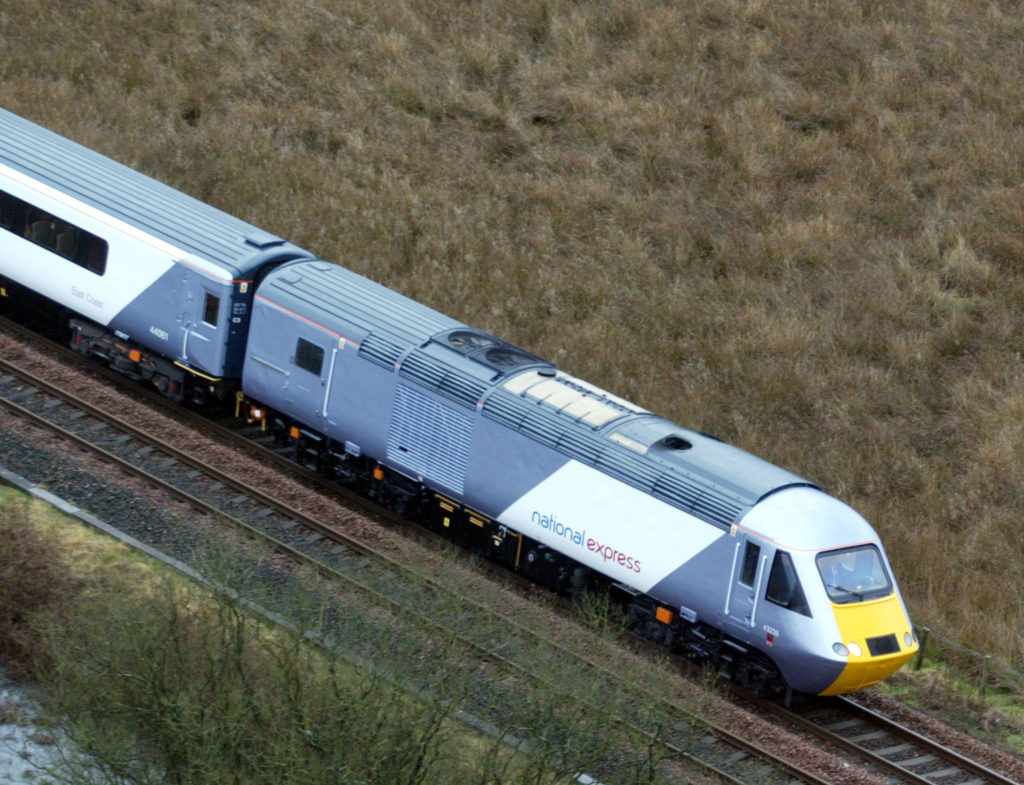
The seven-year freeze on fuel duty has caused a major increase in harmful emissions by encouraging people to abandon public transport, according to new research.
Up to 60 million fewer train journeys and 200 million fewer bus journeys have been made because fuel duty has not increased since January 2011, according to a study by former government transport adviser Professor David Begg.
He calculated that freezing duty has reduced fuel prices by 13%, resulting in a 4% increase in traffic which has triggered 4.5 million tonnes of carbon dioxide emissions.
Professor Begg said the policy has had “unintended consequences” in terms of increasing pollution and congestion.
He claimed it is “vital” that the Government increases fuel duty to “send the right price signals to consumers”.
Sustainable travel campaign group Greener Journeys, which commissioned the research, warned that the freeze is “creating a public health emergency in the UK”.
Chief executive Claire Haigh said: “We urgently need a shift from car to bus and other forms of sustainable transport if we are to tackle the UK’s air pollution crisis.”
Average UK forecourt prices currently stand at £1.28 per litre for unleaded and £1.32 for diesel.
This is the most expensive both fuels have been since September 2014.
Fuel duty is set at 70p per litre including VAT.
Howard Cox, founder of FairFuelUK, said UK motorists already pay “the highest motoring taxes in the world”.
He claimed that increasing fuel duty would “hit low income families and small businesses hard”, adding that without the freeze the UK would still be in a recession with “inflation soaring, unemployment rising and consumer spending stagnant”.
RAC roads policy spokesman Nicholas Lyes said: “Millions of motorists and businesses are going to baulk at the idea of fuel duty rising in the autumn.
“We should be talking about the Government acting to help bring prices back into check by lowering fuel duty to protect the economy – not putting up tax on fuel.”
